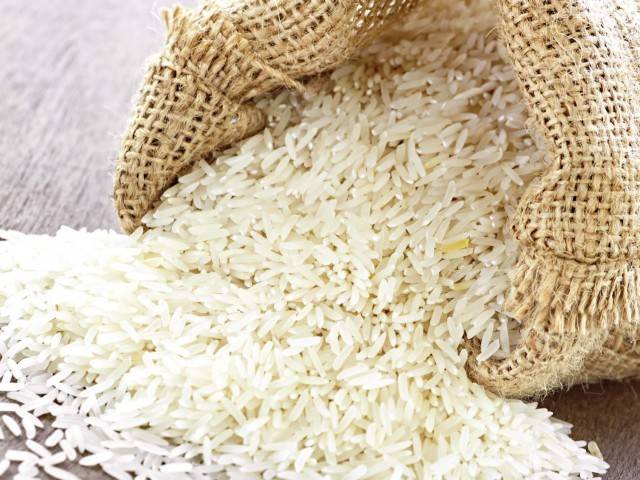Pakistan is likely to witness a revolution in paddy production in next couple of years because of Chinese cooperation with the government and private sector in the field.
While the modern hybrid rice varieties are already being sown over 1.5 million acres of land in Sindh, the seed is all set to be commercially launched in different districts of central and southern Punjab in upcoming season. Since the hybrid rice average yield is more than 100 maund per acre, the cultivation if adopted in Punjab could increase the annual rice production of the country to double digit. The country is 11th largest rice producer in the world with per year production of around 6 million tons.
A world leading Chinese company, Yuan Longping High-tech Agriculture, and Guard Agriculture Research & Services Limited are actively involved in bringing revolution in the country’s rice production. The government has also entered into an agreement with China and 12 hybrid rice scientists arrived here to train local scientist and farmers on hybrid rice cultivation technologies to improve per acre crop productivity.
“Farmers in large part of Sindh are already getting average 100 maund per acre yield of hybrid rice but the traditional IRRI variety being sown in Punjab gives maximum 50 to 60 maund per acre yield,” said Shah Rukh Malik, a senior executive of the Guard Company. Since the crop could be sown over four million acres in Punjab, the company with Chinese cooperation aims to introduce varieties in the province. “We are focusing in Okara and Sahiwal districts in first stage. We believe farmers of the area will get a bumper crop on planting hydrid seed,” he added.
China is world’s major consumer of rice in the world and it imports 30 percent to 40 percent of its demand from Pakistan. The country’s rice export to neighbour country could become double if its farmers adopt modern method of agriculture. “We have the potential to become major seed exporter of this region to increase our per acre yield of rice. No one could stop Pakistan to become major rice exporter of the region if seed revolution reaches in Punjab,” said Shah Rukh.
Making Pakistan a hub of rice production is part of agriculture policy under CPEC. Private sector and Chinese experts are largely contributing to achieve this target. Different areas in Sindh have witnessed a revolution in paddy yield during last couple of year due to hybrid rice cultivation.
He cited the example of Sindh’s Golarchi area of Badin district where according to him hybrid rice is being sown on 450,000 acre, almost 80 percent of cultivation land. The per acre yield is around 120 maund and in some cases to over 140 maund in the area, he said. The bumper crops have brought a pleasant change in the lifestyle of the local community in last couple of years. The company executive and Chinese experts committed to develop every rice cultivation area of the country like that of Golarchi.






